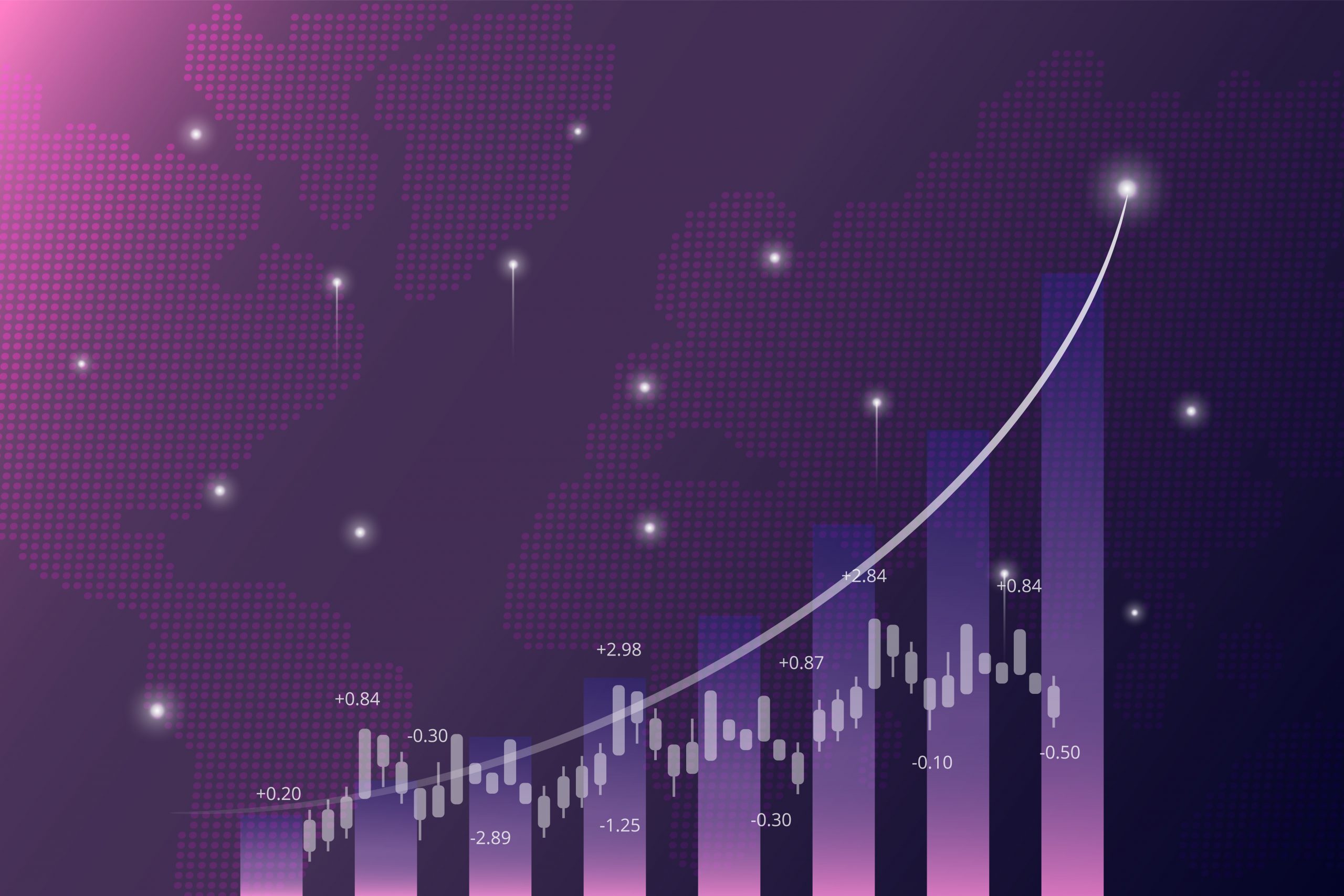June 30, 2022
In the first quarter of 2022, gross domestic product (GDP) in the G20 area rose by 0.7% quarter-on-quarter according to provisional estimates, down from the 1.3% increase recorded in the fourth quarter of 2021.
The slowdown in the G20 area in Q1 2022 mainly reflects weaker performance in the United States, where GDP contracted by 0.4% quarter-on-quarter after rising by 1.7% in Q4 2021. This was mainly due to changes in net trade (exports minus imports) and decreases in inventory investment (destocking) and in government spending on COVID-19 assistance.
In Australia and Indonesia, growth slowed by more than 2 percentage points between Q4 2021 and Q1 2022. Growth slowed to a lesser extent in Canada, China, India, Italy, Korea, Turkey and the United Kingdom in Q1 2022, while in France and Japan there were GDP contractions of 0.2% and 0.1% respectively.
Despite the trend for the G20 area as a whole, Brazil, Germany, Mexico, Saudi Arabia, South Africa and the European Union as a whole recorded stronger growth in Q1 2022 than in Q4 2021. Growth in Saudi Arabia (2.6%) was the highest among G20 economies, driven by a marked increase in oil activities.
In the OECD area, which comprises 38 countries including a dozen G20 countries, GDP growth is now estimated at 0.3% in Q1 2022. This figure has been revised from 0.1% growth estimated three weeks ago based on countries’ preliminary GDP releases. Since then, among G7 countries, GDP quarter-on-quarter growth in Q1 2022 has been revised upwards in Italy and Japan and downwards in Canada and France. Also, Ireland has published its Q1 2022 GDP growth estimate, which has added almost 0.1 percentage points to OECD area GDP growth.
The United Kingdom and South Africa exceeded their pre-pandemic (Q4 2019) level of GDP for the first time in Q1 2022, by 0.7% and 0.5% respectively, while Italy reached its pre-pandemic (Q4 2019) level of GDP for the first time. Among the G20 economies, GDP in Germany, Japan and Mexico remained below pre-pandemic levels (by 0.9%, 0.6% and 2.1% respectively) in Q1 2022.
Source: OECD
Legal Notice: The information in this article is intended for information purposes only. It is not intended for professional information purposes specific to a person or an institution. Every institution has different requirements because of its own circumstances even though they bear a resemblance to each other. Consequently, it is your interest to consult on an expert before taking a decision based on information stated in this article and putting into practice. Neither Karen Audit nor related person or institutions are not responsible for any damages or losses that might occur in consequence of the use of the information in this article by private or formal, real or legal person and institutions.






